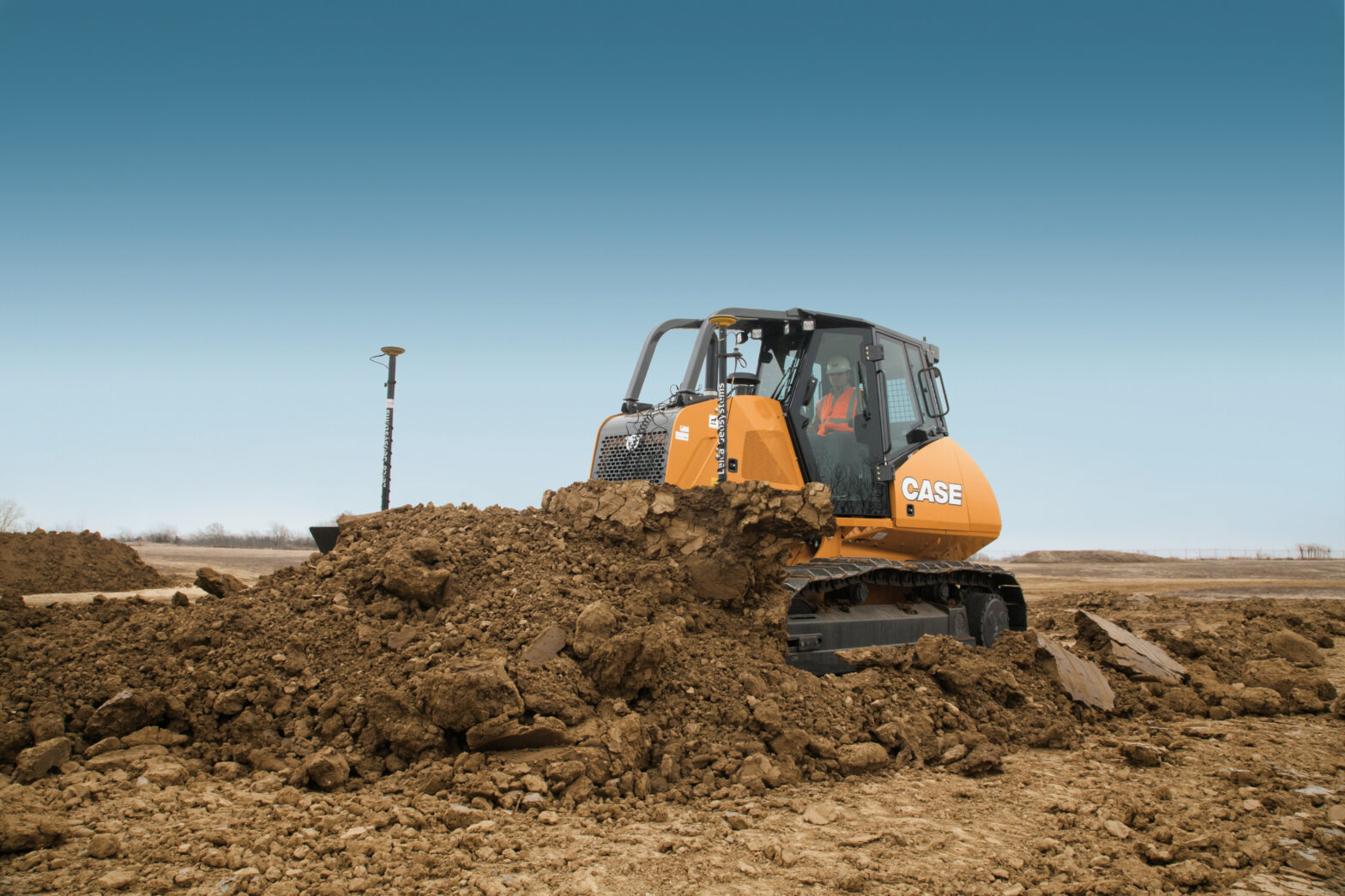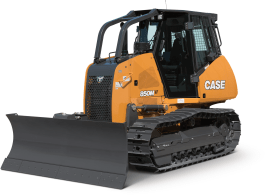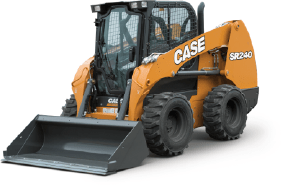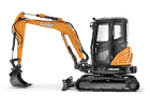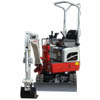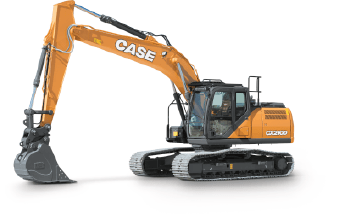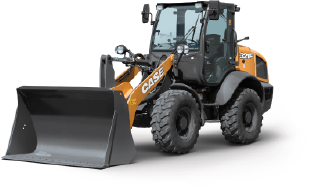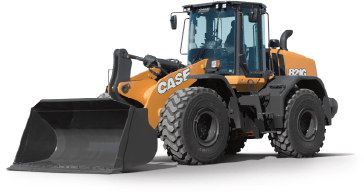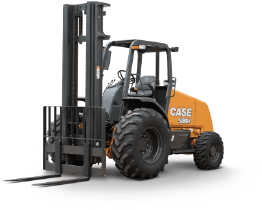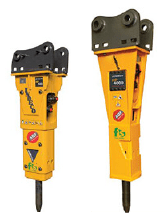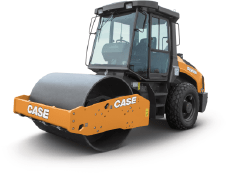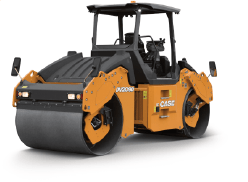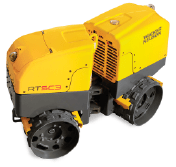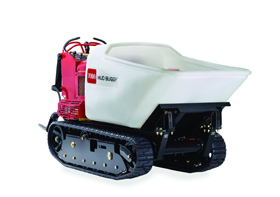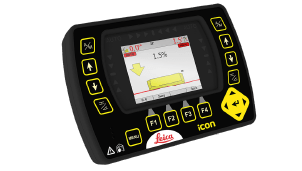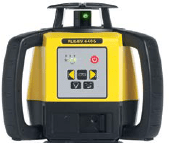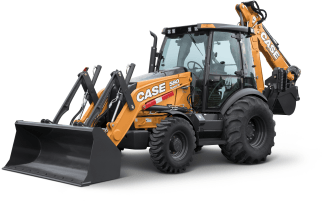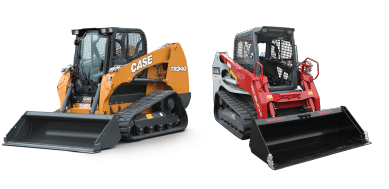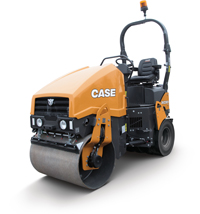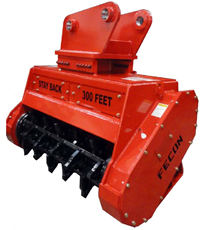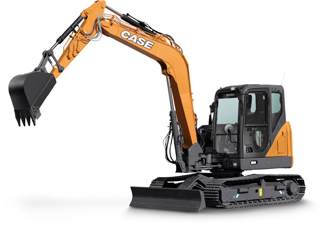Grading is a crucial part of preparing land for development. It plays a critical role in giving you a mapped overview of the work area, and, if done correctly, it helps cut down on the time needed to complete construction projects. By controlling your bucket or blade, automated grade control systems make the necessary adjustments automatically, allowing for more accurate, efficient grading.
Why use automated grade control technology
Automated grade control systems speed up the grading process and let you move material with a greater degree of precision. Over digging, under digging, undercutting, and needing more passes or cycles all cost you more money and take up more time. Grade control systems take the guesswork out of making the grade, locking your machine on to the target depth and automatically making the necessary adjustments to reach it as quickly as possible.
By linking the design of the job to the cab and putting it at the operator’s fingertips, operators can guide the bucket or attachment to finish grade much faster. Improving its accuracy, this technology turns your dozer into a finishing tool as well as a rough grader, meaning, on some projects, you can complete the entire grading job with the same machine.
How automated grade control works
Grade control systems essentially connect your machine to the design of the project. They use a combination of GNSS, inertial and laser or total station technology to accurately position the excavator’s bucket or dozer blade in real time.
Let’s say you’re building an office building with a parking lot. Before construction begins, a 3-D model of the building’s design and a 3-D contoured map of the site will be created. This 3-D data is then loaded into the grade control system so your machine already knows where to fill or cut material on the site, greatly reducing the number of passes required for successful completion. Grade control eliminates the need for grade stakes and additional workers on the jobsite, even during the grade verification process, delivering a more efficient, cost effective jobsite.
When to choose 2D or 3D grade control
Many grade control systems will offer 2D and 3D options, so it’s important to understand the difference. 2D or entry-level grade control solutions do not use a design plan for controlling the blade, and are a smart choice for contractors working on simple jobs like flat house pads in a subdivision. 3D solutions make use of an engineered design surface and control to a specified location and elevation on more complex projects or models.
How to ensure the accuracy of automated grade control technology
Automated grade control operates in the same tough conditions as your dozer, excavator, or grader. The dirt, dust, and rough terrain of construction sites can dirty your grade control system and cause it to be calibrated incorrectly. We offer recalibration services for your system to keep it working in like new condition, reducing costs and downtime.
Contact Luby Equipment to start boosting productivity through automation today!






